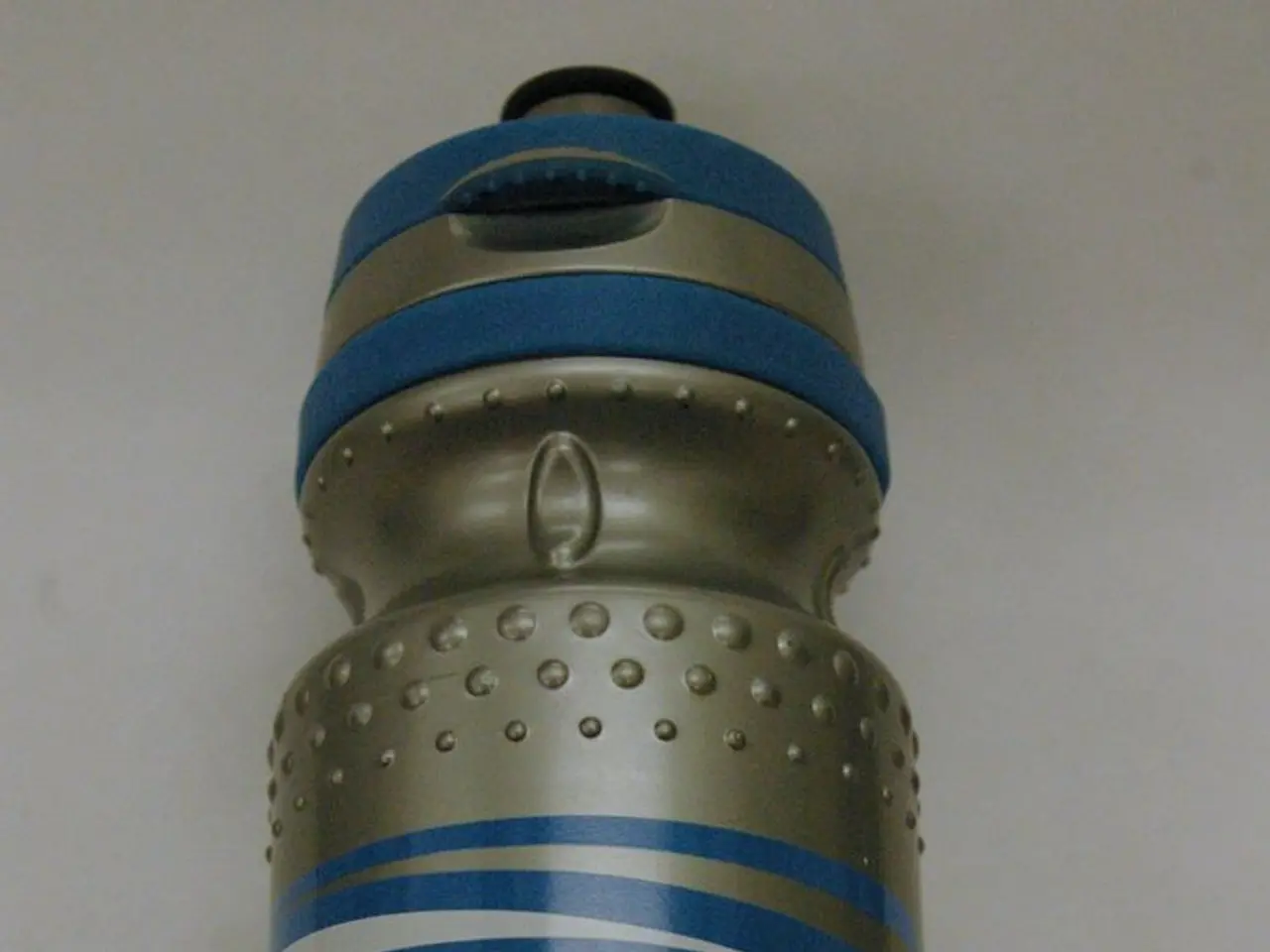Sunscreen Discrepancies in Australia: Many SPF-50 Claims Fall Short of Expectations
In a shocking revelation, several popular Australian sunscreen brands have come under scrutiny for inconsistent SPF claims. The Therapeutic Goods Administration (TGA), the authoritative body for sunscreen regulation in Australia, is conducting a full investigation into the findings of an independent test carried out by a Consumer Watchdog and a German laboratory.
The investigation, led by consumer advocacy group Choice, found that 16 out of 20 popular sunscreens labeled as SPF 50 or 50+ failed to meet their claimed level of protection. Brands such as Bondi Sands, Banana Boat, Cancer Council, and Ultra Violette were among those that failed the test.
Ultra Violette voluntarily pulled Lean Screen SPF 50 from shelves after the initial test results showed the product had an SPF of just 4. A retest by a German lab confirmed SPF 5, significantly lower than the claimed SPF 50+. Customers are being refunded for the product and advised to cease using it.
Other brands, including Naked Sundays, Outside Beauty and Skincare, Found My Skin, and Endota, have paused sales of their SPF 50+ products pending further testing.
The SPF results for Ultra Violette's Lean Screen SPF 50 varied widely, from 4 to 64, across multiple batches. Other sunscreens tested showed readings in the 20s, 30s, and 40s, none of which matched SPF 50+ as advertised.
The TGA is reviewing SPF testing protocols and exploring more accurate in vitro testing methods. The challenges in testing sunscreens include the need for accurate and consistent methods to measure their SPF levels.
Despite the inconsistencies in SPF claims, experts stress that any sunscreen is better than none in conjunction with protective clothing, shade, and hats. The findings of the investigation are significant in Australia due to the high rate of skin cancer cases in the country.
The investigation has sparked industry pushback, with some manufacturers, such as Ultra Violette, disputing these external test results. They emphasize their compliance with TGA licensing and internal quality testing that showed higher SPF values consistent with their SPF 50+ claims.
Regulatory response and potential product recalls are yet to be determined in response to the findings of the investigation. The TGA is urging consumers to continue using sunscreen but to check for updated information from the manufacturers regarding their products.








